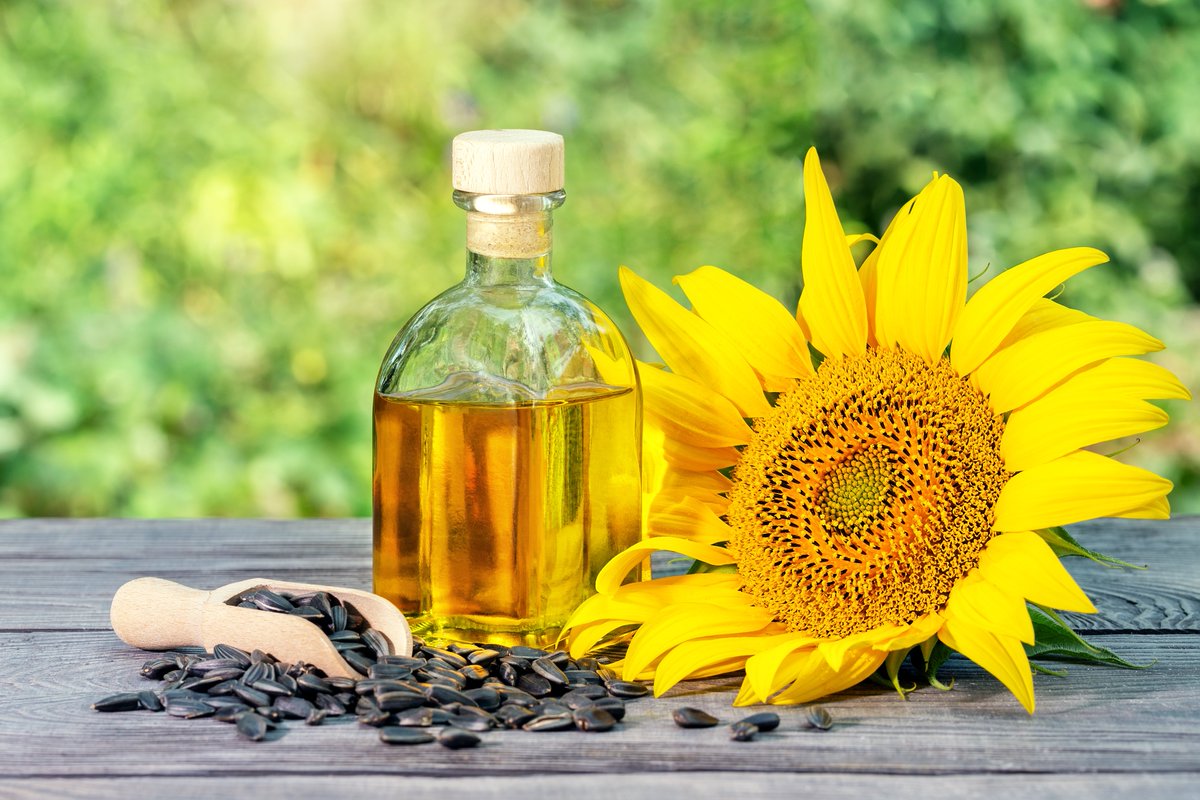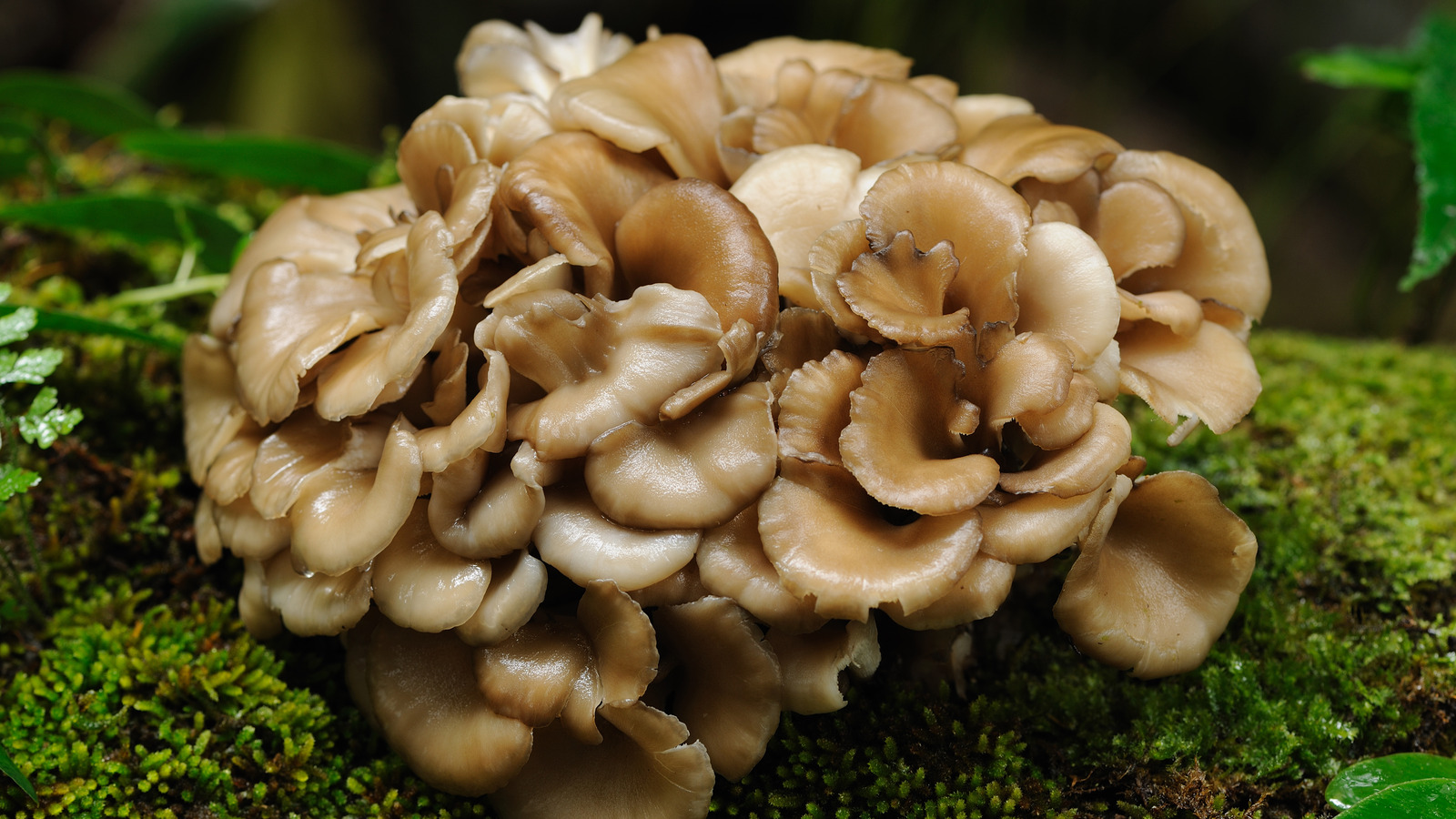Introduction:
Diamine oxidase (DAO) is an enzyme that plays a crucial role in the breakdown of histamine in the body. Histamine is a compound involved in various physiological processes but can also cause allergic reactions and intolerances when levels are too high. DAO supplementation has gained attention as a potential strategy to support histamine intolerance and related conditions. In this comprehensive guide, we will explore the benefits, dosage recommendations, and safety considerations of DAO supplementation.
Understanding Histamine Intolerance:
Histamine intolerance occurs when there is an imbalance between histamine production and degradation in the body. Common symptoms include headaches, migraines, hives, digestive issues, and nasal congestion. DAO helps break down histamine and maintain balance in the body, making it a potential target for intervention.
Benefits of DAO Supplementation:
DAO supplementation aims to enhance the breakdown of histamine and reduce its accumulation in the body. By supporting histamine metabolism, DAO supplementation may alleviate symptoms associated with histamine intolerance, such as digestive discomfort, skin reactions, and respiratory issues.
Dosage Recommendations:
The optimal dosage of DAO supplementation can vary depending on individual needs and health conditions. It is recommended to start with a low dosage and gradually increase as tolerated. Typical dosages range from 5,000 to 10,000 HDU (histamine degradation units) per meal, but individual responses may vary. Consulting with a healthcare professional experienced in histamine intolerance is advised to determine the appropriate dosage.
Safety Considerations:
DAO supplementation is generally well-tolerated, but some individuals may experience mild side effects such as gastrointestinal discomfort or headaches. It is important to source DAO supplements from reputable manufacturers to ensure quality and purity. Additionally, individuals with kidney or liver disorders, or those taking medications, should consult with their healthcare provider before starting DAO supplementation.
Other Strategies for Managing Histamine Intolerance:
While DAO supplementation can be beneficial, it is essential to adopt a comprehensive approach to manage histamine intolerance. This includes identifying and avoiding trigger foods high in histamine, implementing a low-histamine diet, supporting gut health, managing stress, and considering other natural interventions such as quercetin and vitamin C, which can support histamine balance.Working with a Healthcare Professional:
Given the complexity of histamine intolerance and individual variations in response, it is crucial to work with a healthcare professional knowledgeable in this area. They can help assess your specific needs, provide guidance on dietary and lifestyle modifications, and determine the appropriate use of DAO supplementation in your overall management plan.
Monitoring and Adjusting:
Regular monitoring of symptoms and histamine levels can help evaluate the effectiveness of DAO supplementation. Adjustments to the dosage or frequency may be necessary based on individual responses. It is important to maintain open communication with your healthcare provider and make any necessary modifications to optimize the management of histamine intolerance.
Conclusion:
Diamine oxidase (DAO) supplementation shows promise in supporting histamine metabolism and alleviating symptoms associated with histamine intolerance. However, it is essential to approach DAO supplementation as part of a comprehensive management plan that includes dietary modifications, lifestyle changes, and working closely with a healthcare professional. Understanding the benefits, dosage recommendations, and safety considerations of DAO supplementation will empower individuals with histamine intolerance to make informed decisions about their health and well-being.
- Egg Whites Nutrition: High in Protein, Low in Everything Else - April 30, 2024
- CBD Vapes By Qinneba-The Ultimate Review of Top CBD Edibles - March 5, 2024
- Diamine Oxidase (DAO): Benefits, Dosage, and Safety - July 6, 2023





